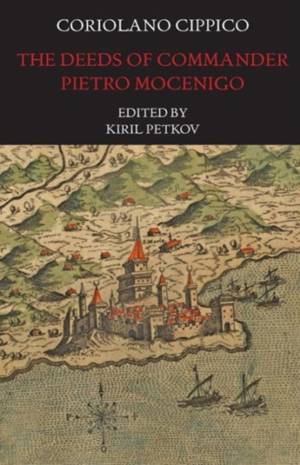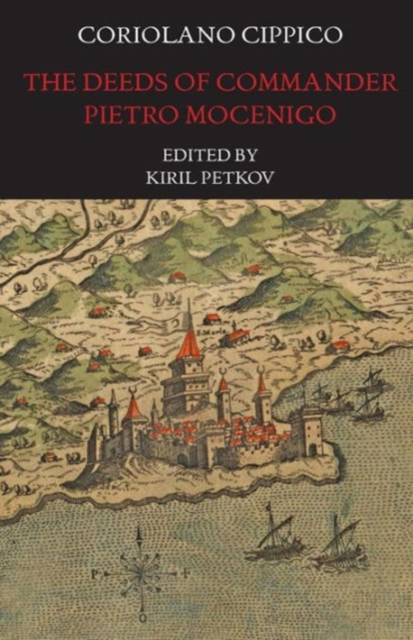
En raison d'une grêve chez bpost, votre commande pourrait être retardée. Vous avez besoin d’un livre rapidement ? Nos magasins vous accueillent à bras ouverts !
- Retrait gratuit dans votre magasin Club
- 7.000.000 titres dans notre catalogue
- Payer en toute sécurité
- Toujours un magasin près de chez vous
En raison de la grêve chez bpost, votre commande pourrait être retardée. Vous avez besoin d’un livre rapidement ? Nos magasins vous accueillent à bras ouverts !
- Retrait gratuit dans votre magasin Club
- 7.000.0000 titres dans notre catalogue
- Payer en toute sécurité
- Toujours un magasin près de chez vous
27,45 €
+ 54 points
Format
Description
Coriolano Cippico (1425-93) was a Dalmatian nobleman from Trogir (Trau in modern Croatia), then part of the Venetian empire. He was a landowner, civil servant, humanist and military commander. From 1470 to 1474 he served as galley captain for a Venetian naval expedition in the eastern Mediterranean under the command of the future doge of Venice, Pietro Mocenigo. Cippico wrote "The Deeds of Commander Pietro Mocenigo" in 1474/75. Its three books describe the campaign as Mocenigo's fleet engaged in a systematic depredation of the western Anatolian shoreline, helped suppress a political coup in Cyprus and seal the Venetian hold of the island, supported the Venetian diplomatic outreach to the lords of Karaman, the chief Ottoman adversaries in Anatolia, and provided crucial relief to the Venetian-held Albanian stronghold of Skodra (Scutari) besieged by Ottoman troops. Composed in an elegant humanist latin, "The Deeds" offers a sophisticated eyewitness account of the Christian-Ottoman confrontation in the late fifteenth century. Besides its classicizing overtones, "The Deeds" also makes astute and perceptive observations on the entangled relationship between Venice and the East. The brutality of war, the constant traffic in slaves and booty and the almost casual destruction of the ancient remains of Asia Minor form the backdrop to the expert diplomacy, crusade rhetoric, humanist discourse and cultural claims of the Venetian Republic. Cippico uses the language and tropes of the classical past, while the realities of combat and reprisal that he narrates give vivid testimony to the destruction of the last traces of that antiquity. Cippico provides one of the best narratives of how the empire of the Most Serene Republic actually worked. The present edition is the first English translation of "The Deeds," one of the finest pieces of Renaissance history writing, often and widely reprinted and much appreciated in its time but undeservedly forgotten until recently. Paperback, 148 pages. Introduction, notes, bibliography. 20 illustrations, 3 maps.
Spécifications
Parties prenantes
- Auteur(s) :
- Editeur:
Contenu
- Nombre de pages :
- 150
- Langue:
- Anglais
Caractéristiques
- EAN:
- 9781599102962
- Date de parution :
- 18-10-14
- Format:
- Livre broché
- Format numérique:
- Trade paperback (VS)
- Dimensions :
- 140 mm x 216 mm
- Poids :
- 199 g

Les avis
Nous publions uniquement les avis qui respectent les conditions requises. Consultez nos conditions pour les avis.






